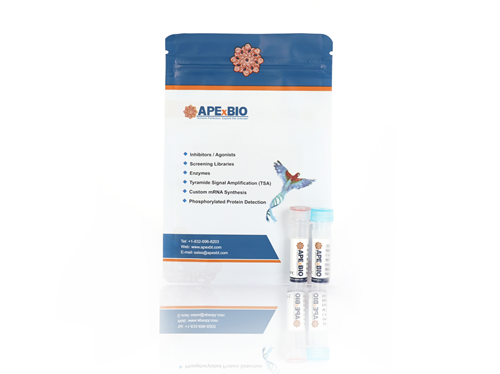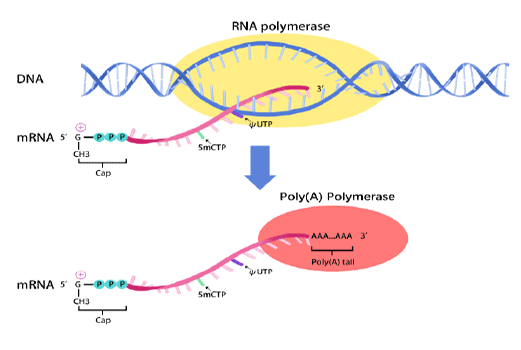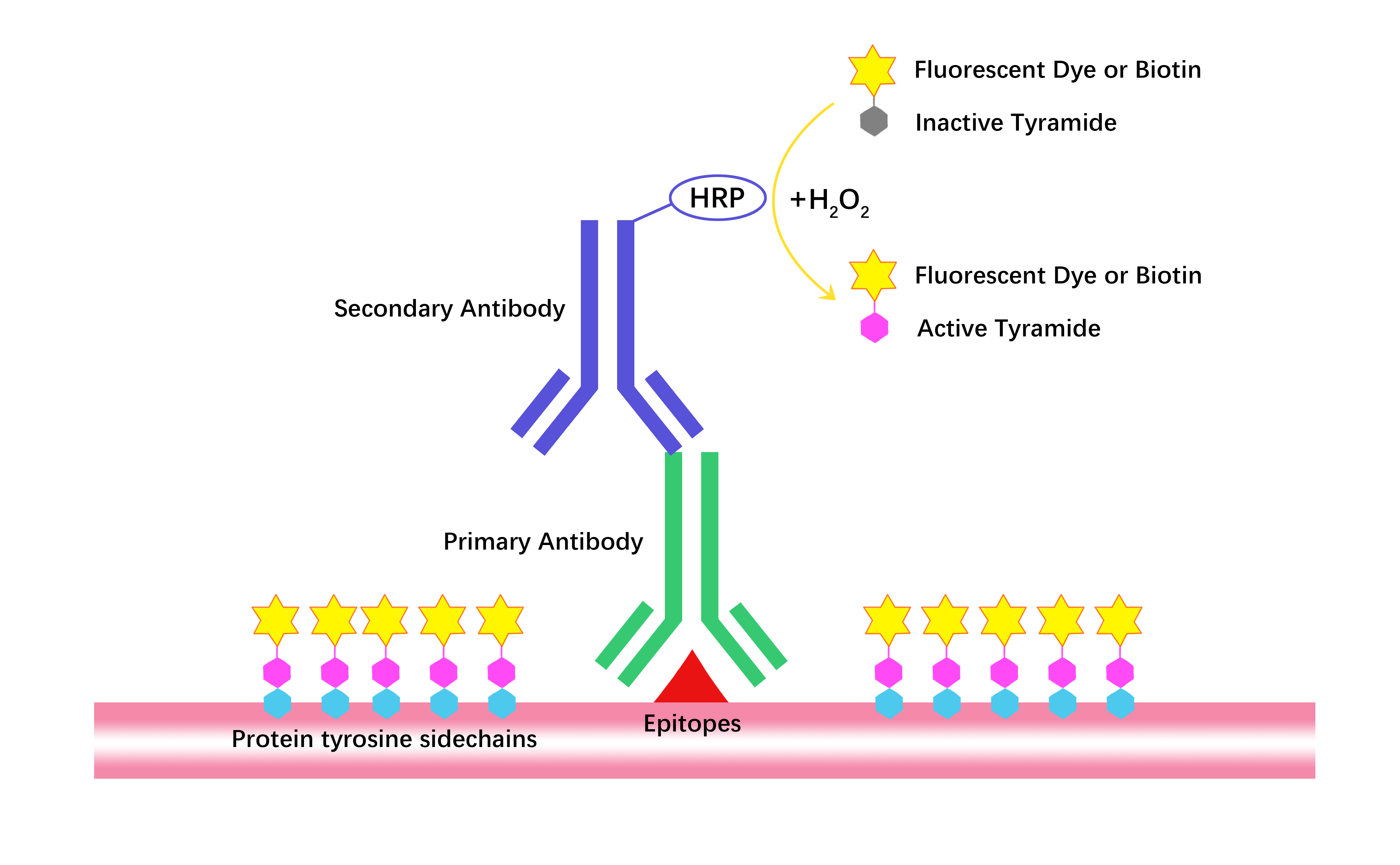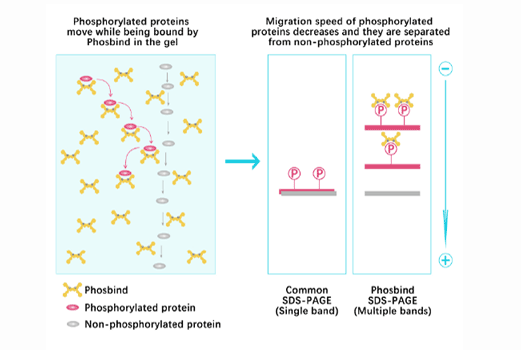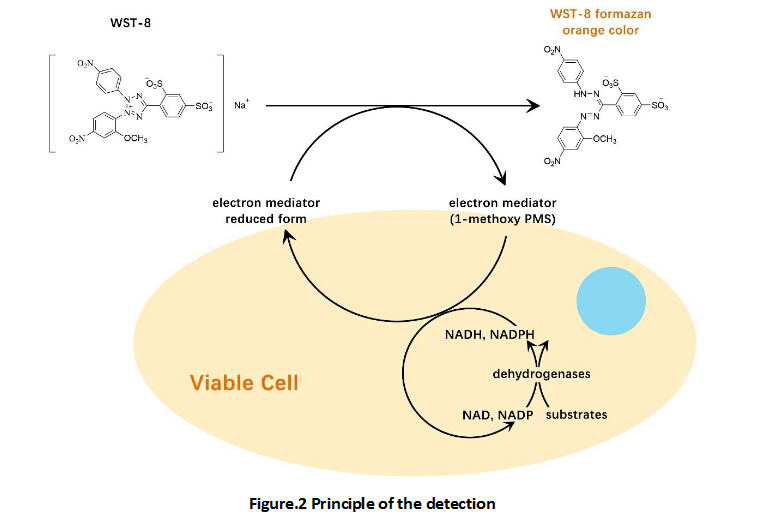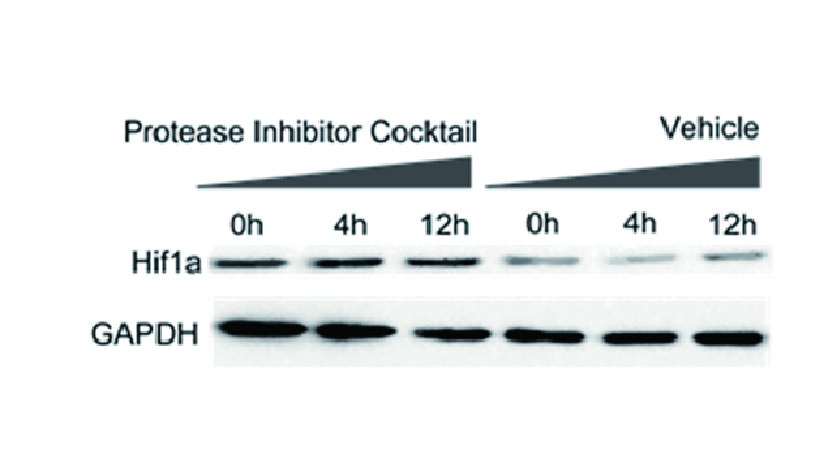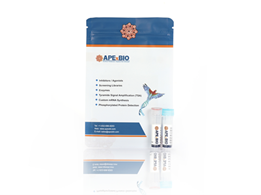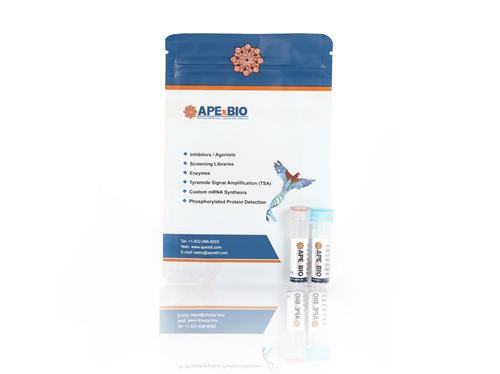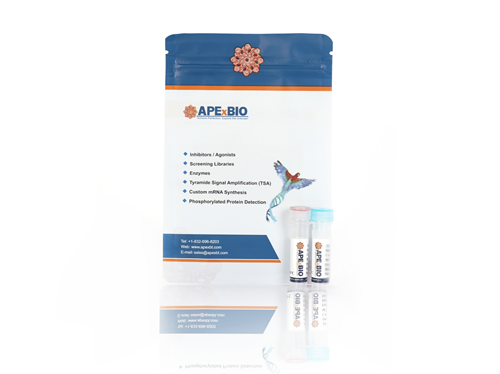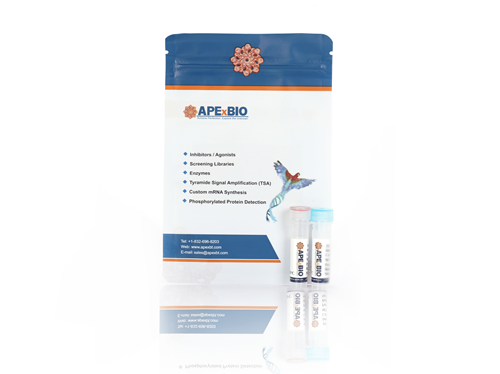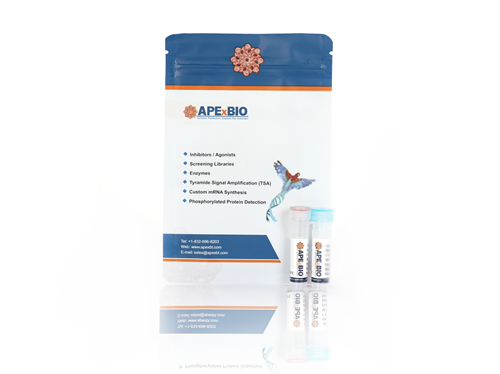EZ Cap™ Mouse IL-23 mRNA (m1Ψ, HA tag)
IL-23 (Interleukin-23) is an important cytokine belonging to the IL-12 cytokine family. It consists of two subunits, IL-23 p19 and IL-12 p40, and is mainly secreted by dendritic cells and macrophages. IL-23 plays an important role in regulating and maintaining the differentiation and function of Th17 cells. Th17 cells are a subtype of helper T cells that are primarily involved in defending against bacterial and fungal infections.
IL-23, by binding to its specific receptor IL-23R, activates downstream signaling pathways, including the JAK-STAT signaling pathway, to promote inflammation. Because of its importance in inflammatory and autoimmune diseases, IL-23 is a potential target for the treatment of a variety of diseases, such as psoriasis, Crohn's disease, and multiple sclerosis. In recent years, biologics targeting IL-23, such as monoclonal antibodies, have been developed for clinical treatment, showing good efficacy and safety.
EZ Cap™ Mouse IL-23 mRNA (m1Ψ, HA tag) is provided at a concentration of ~1 mg/ml with Cap1 structure. It expresses Mouse IL-23 cytokine with HA label, which is convenient for the subsequent detection of protein expression. There are currently two ways to cap mRNA: One is co-transcription method, by adding Cap analogues into the transcription process. The other is enzymatic Capping. After transcription, Cap0 capping is performed by Vaccinia virus Capping Enzyme (VCE), GTP and S-adenosylmethionine (SAM). The Cap0 is then generated into the Cap1 through 2´-O-Methyltransferase and SAM. Cap1 Capping can also be performed by adding VCE, 2´-O-Methyltransferase, GTP and SAM in a one-step process. Cap 1 structure is more ideal for mammalian systems and possess higher transcription efficiency than Cap 0 structure. The addition of N1-Methylpseudo-UTP(m1Ψ) and poly(A) tail suppress RNA-mediated innate immune activation and increase the stability and lifetime of the mRNA in vitro and in vivo. Poly(A) tail also plays an important role in enhancing the efficiency of translation initiation.
|
mRNA Length |
1921 nucleotides |
||
|
Concentration |
~1 mg/mL |
||
|
Buffer |
1 mM Sodium Citrate, pH 6.4 |
Storage |
-40°C or below |
|
General tips |
Please dissolve it on ice and protect from RNase carefully. Avoid repeated freeze/thaw cycles as possible. Don’t vortex. Upon first use, centrifuge the tube softly and aliquot it into several single use portions. Use RNase-free reagents and materials with appropriate RNase-free technique. Don’t add to the media with serum unless mixing with a transfection reagent. |
||
|
Shipping Condition |
ship with dry ice |
||
It can be based on your experimental goals:
- For Tracking Transfection and Translation Efficiency: APExBIO Reporter Gene mRNAs (e.g. EGFP, Firefly Luciferase mRNA) are commonly used to track transfection efficiency and protein expression duration; evaluate gene expression and cell viability; study mRNA localization and bio-distribution via in vivo imaging; optimize transfection conditions and validate LNP delivery system.
- For Gene Editing, Functional Studies and Gene Therapy Research: APExBIO offers various functional protein mRNAs, involving tumor suppressors (e.g. p53, PTEN), cytokines (e.g. IL-12, IL-10), gene-editing tools (e.g. spCas9, Cre Recombinase), gene replacement protein (e.g. EPO), and antigens (e.g. OVA, SARS-CoV-2 Spike).
- For Sustained Protein Expression: APExBIO Self-amplifying RNA (saRNA) and Circular RNA (circRNA) are recommended for applications requiring prolonged protein expression. saRNA enables lasting and strong protein expression at lower doses, while circRNA has enhanced structural stability and extended expression duration.
- Advanced Capping Technology: Utilizes Cap 1 structure (EZ Cap™ Cap) to achieve enhanced translation efficiency and minimizing activation of the host innate immune response. The capping efficiency can reach 90–99%.
- Diverse Modification Options: Provides a range of modified nucleotides, such as m1Ψ, 5-moUTP and Cy5-UTP, which reduce immunogenicity, improve mRNA stability, and maximize protein expression levels.
- Stringent Quality Control: Each batch undergoes rigorous quality assessment including capping efficiency, purity, integrity, and sterility to ensure batch-to-batch consistency.



